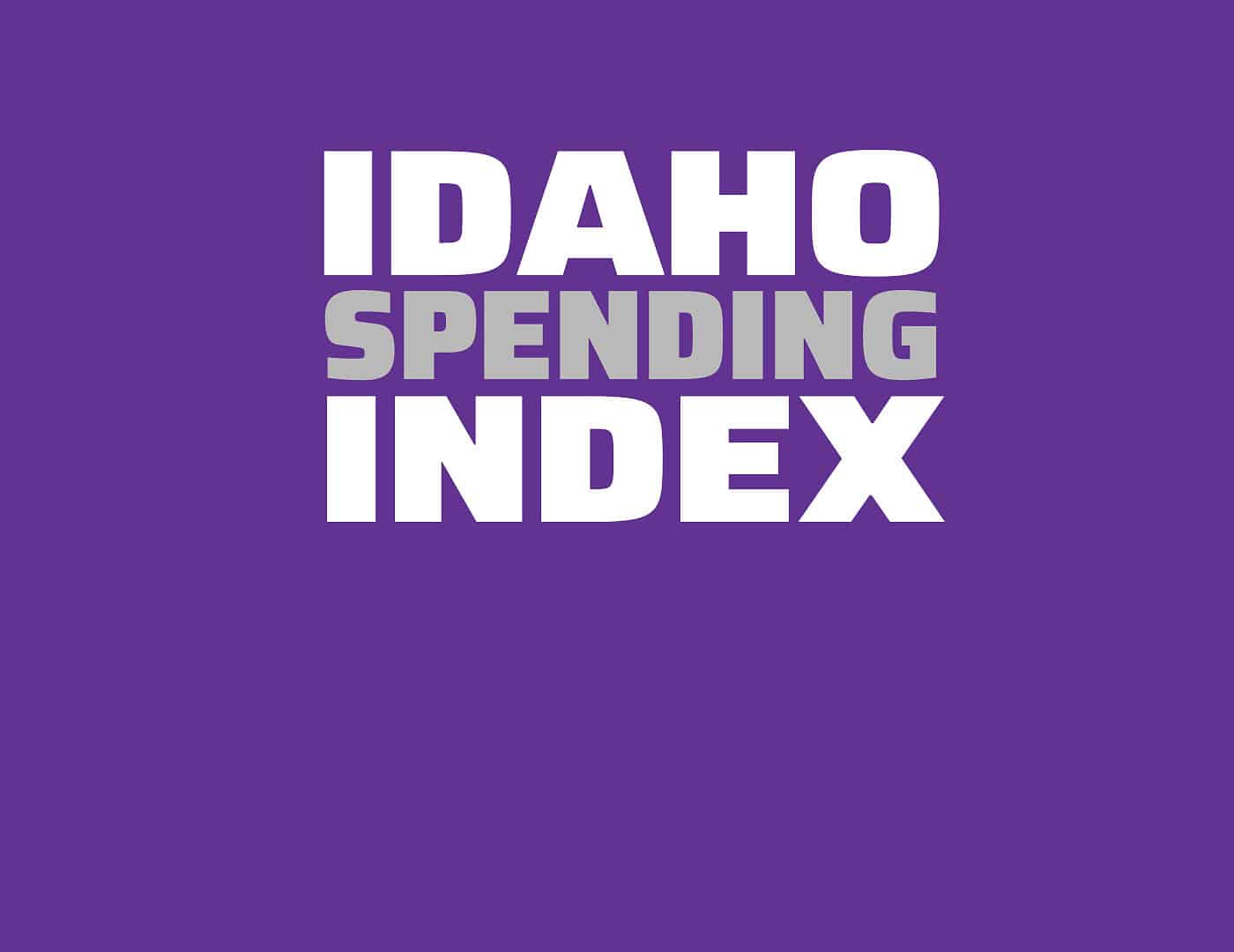


The Idaho Spending Index serves to provide a fiscally conservative perspective on state budgeting while providing an unbiased measurement of how Idaho lawmakers apply these values to their voting behavior on appropriations bills. Each bill is analyzed within the context of the metrics below. They receive one (+1) point for each metric that is satisfied by freedom-focused policymaking and lose one (-1) point for each instance in which the inverse is true. The sum of these points composes the score for the bill.
Analyst: Niklas Kleinworth
Rating: -3
Bill Description: Senate Bill 1192 appropriates $8,236,500 and 11.00 full-time positions to the Office of Energy and Mineral Resources for fiscal year 2024.
Does this budget incur any wasteful spending among discretionary funds, including new line items? Conversely, does this budget contain any provisions that serve to reduce spending where possible (i.e. base reductions, debt reconciliation, etc.)?
The Office of Energy and Mineral Resources exists under the authority of Executive Order 2020-17 when Governor Brad Little extended the role of the office for an additional four years. The office works to manage energy efficiency efforts and to educate the public and elected officials about state and federal energy policy. They also oversee the operation of the Idaho Strategic Energy Alliance.
Presently, there is no statutory obligation for the legislature to fund this agency. Furthermore, this agency acts as a means for centrally planning Idaho’s energy and mineral usage. Though these roles can be useful for coordinating statewide energy projects, these roles could easily be absorbed by other agencies that do fulfill a statutorily mandated role. This is a wasteful use of taxpayer funds.
(-1)
Is the maintenance budget inappropriate for the needs of the state, the size of the agency, or the inflationary environment of the economy? Conversely, is the maintenance budget appropriate given the needs of the state and economic pressures?
This legislation sets the maintenance budget for the Office of Energy and Mineral Resources at $3,228,400, growing from the base by 114.1% in the last three years. This rate is exponentially higher than what would be prescribed by inflationary pressures and growth. This is largely due to increases in ongoing spending for the federal Energy Resiliency Grant.
(-1)
Does this budget perpetuate or expand state dependence on federal dollars, thereby violating principles of federalism? Conversely, does this budget actively reduce the amount of federal dollars used to balance this budget?
Senate Bill 1192 appropriates $5 million in funding from the Infrastructure Investment and Jobs Act for resilient grid projects. This is the first installment of a larger $25 million funding request that will last until 2029. The Legislative Budget Book notes that these funds may be extended to be included in the budget for up to ten years.
The IIJA was a partisan measure that drew a great deal of criticism for rapidly increasing the national debt, harming the financial stability of our nation for future generations of Americans. This legislation continues to grow dependence on federal funding with more than 87% of this budget subsidized by Washington, DC.
(-1)


